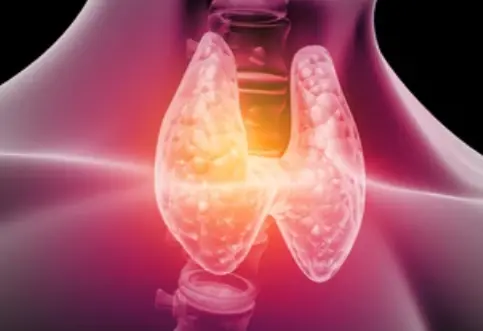 Welcome
Welcome
“May all be happy, may all be healed, may all be at peace and may no one ever suffer."
Visceral muscle spasm - Generics
Visceral muscle spasms occur when the smooth muscle in the internal organs, such as the stomach, intestines, or bladder, contracts involuntarily and fails to relax properly. This can result in a variety of symptoms, depending on the location and severity of the spasm.
Symptoms of visceral muscle spasms may include:
- Abdominal pain or cramping
- Nausea or vomiting
- Diarrhea or constipation
- Difficulty urinating
- Chest pain or discomfort
- Shortness of breath
There are several potential causes of visceral muscle spasms, including:
- Irritable bowel syndrome (IBS)
- Gastroesophageal reflux disease (GERD)
- Urinary tract infections (UTIs)
- Menstrual cramps
- Endometriosis
- Gallstones
- Pancreatitis
Treatment for visceral muscle spasms depends on the underlying cause of the condition. In some cases, lifestyle modifications such as stress reduction, dietary changes, and increased exercise can help alleviate symptoms. Medications such as antispasmodics, proton pump inhibitors, or pain relievers may also be prescribed to manage symptoms. In severe cases, surgery may be necessary to treat underlying conditions such as gallstones or endometriosis.
If you are experiencing symptoms of a visceral muscle spasm, it is important to consult with a healthcare professional to determine the underlying cause of your symptoms and develop an appropriate treatment plan.

Meningitis and brain absc...

Gastric problems

Pre-or post-operative sed...

Basal cell carcinoma

Parathyroid carcinoma

Thrombocytopenia

Warts

Hyperthyroidism
Visceral muscle spasm, ভিসারাল পেশী আটকানো
To be happy, beautiful, healthy, wealthy, hale and long-lived stay with DM3S.